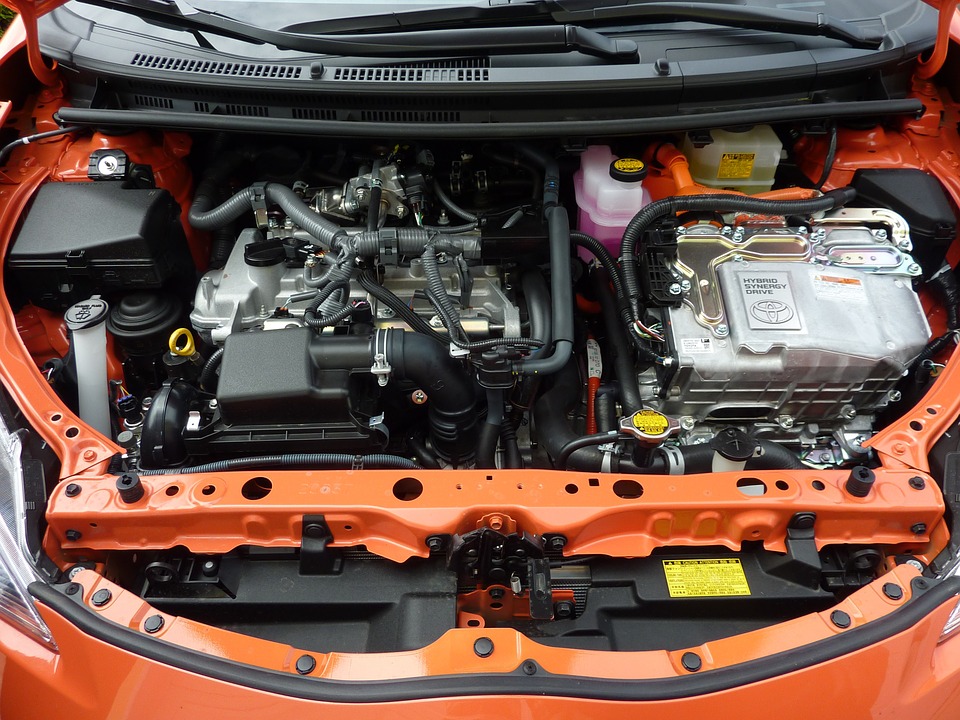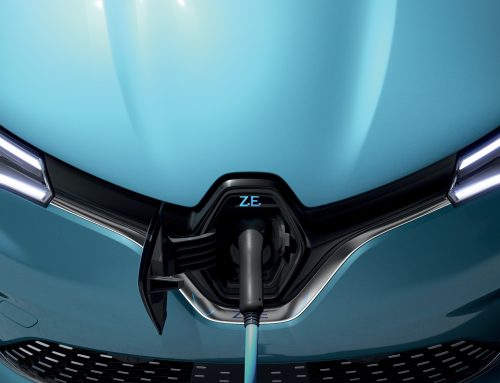If you can spot the battery, you know more than most!
The life of a car owner is one of constant learning. From knowing what all those esoteric terms actually mean to learning how to drive a manual, it seems there’s always something new that we need to know.
But for anyone who doesn’t know their alternator belt from their driveshaft, there’s nothing quite so nerve-wracking as taking your car to the mechanic. So with this in mind, we thought we’d create this useful guide to dealing with repair bills when you really have no clue what the mechanic is talking about.
Find a mechanic you can trust
If your car is out of warranty, finding an independent mechanic could save you a bit of cash. They’ll be able to find non-genuine parts (they’re actually quite good), and servicing is often cheaper.
Not only that, but you won’t have to buy the service package that dealers offer which can include fees for things you can do by yourself like checking the tyre pressure.
Now when we say find a mechanic you can trust, we’re not suggesting that all mechanics are out to rip you off. In fact, most mechanics will go out of their way to try to save you money. However, it’s always a good idea to go with a friend’s recommendation when choosing your local mechanic.
This not only means that you’re more likely to find someone who does good work, but you’ll also feel a lot more comfortable leaving your car there.
Don’t act like you know it all
Pretending to know more about cars that you actually do is completely pointless. If you’ve found a mechanic you can trust (see above), then you should just tell them upfront that you know nothing about cars. This way, they won’t bamboozle you with mechanical terms that mean absolutely nothing to you. Instead, they’ll explain exactly what is going on in plain English.
Ask for quotes before any work starts
There’s nothing wrong with asking your mechanic for a quote on a job before they get started. They’ll take a look at the car, determine what parts you’ll need, and then give you a rough estimate of the cost for the job.
Once you have this figure, you can do a little research to make sure that it’s about right. This is a good idea especially for unexpected repairs that fall outside your usual servicing requirements.
Of course, unexpected repairs are, well, unexpected and they can come at times when funds are low. There are a few things you can do to avoid hitting up family and friends for a loan, and one such approach would be to take out a short-term loan. This is a good option as it allows you to get cash on the spot and have your car back on the road as soon as possible.
Leave enough time for the repair
A quick job is rarely a good one, so allow your mechanic as much time as they need to get the job done. Ask them for a timeline and don’t call them beforehand just to see how things are moving along. If they have any news for you, they’ll call especially if that news involves a delay.
Dealing with repair bills when you know nothing about cars
Mechanic bills should be pretty straightforward, but then again, if you know nothing about cars, you may wonder why there are a few parts listed that no one told you about. Don’t be scared to ask your mechanic about this. They’ll be more than happy to explain exactly what each item is and why it was required. After all, it’s your car and your money, so you have every right to ask.
Hopefully, your trips to the mechanic will be scheduled services but in the case of an unexpected repair, just remember to stay calm and let the experts do their thing. There’s no need for you to understand every single detail about your car repairs. Besides, once you’ve found a mechanic you can trust, all you need to know is how much the bill is.
Discover more from Gay Car Boys
Subscribe to get the latest posts sent to your email.













Hey there! I realize this is somewhat off-topic but I had to ask.
Does operating a well-established blog like yours require a lot of work?
I am brand new to writing a blog however I do write in my
diary daily. I’d like to start a blog so I can share my
personal experience and views online. Please let me know if you have any
kind of ideas or tips for brand new aspiring bloggers.
Thankyou! https://goo.gl/maps/xDDZTHpzr9rTbnm77
Quality posts is the important to be a focus for the viewers to pay a quick visit the website, that’s what this website is
providing. https://goo.gl/maps/xDDZTHpzr9rTbnm77
It is good to a fun family trip and is placed in On the internet services.
This is just a small look into what Oahu has obtainable
for people traveling with kids. Solomon’s Maryland will provide fireworks on July 4th
at Nightfall. http://Angelbeacon.com/__media__/js/netsoltrademark.php?d=sky777.fun
Good advice – thank you